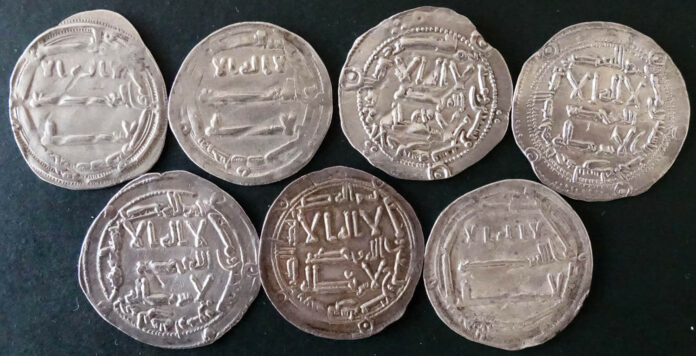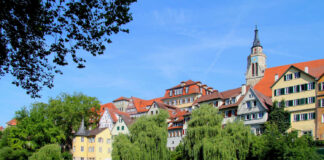
On 28th October 2021, “RomanIslam – Center for Comparative Empire and Transcultural Studies” at the University of Hamburg organizes the online workshop: “Religious Networks as a Catalyst for Commercial Renewal? The Western Mediterranean in the Long Eighth Century.”
During the seventh and early eighth centuries, trade across and around the western Mediterranean saw a decline. A range of written and archaeological evidence has led historians of both the northern and southern Mediterranean regions to agree that a steady fall in exchange and trade took place during this period, while there is less consensus regarding the factors that caused this phenomenon.
The workshop will address questions such as the role of political, and religious change, such as the beginning of Islamic rule over the African shores of the Mediterranean and the Iberian Peninsula, as well as the rise of the new Christian Carolingian empire.
What evidence indicates a regeneration of the changing western Mediterranean economy from the mid-8th century onwards? If it is possible to identify an increase in commercial exchange around this time? What are the factors to which this can be attributed? Had the fragmented and mutually adverse but stable entities contributed to it? These entities came into being through migration and association and built on religious and political commonality. Were there new industries, or new demands mobilizing the movements of goods? How did transport change during the century? Were there networks outside the view of the literary sources? How did these contacts impact diplomatic rituals?
During the workshop it will be discussed how to connect a range of different factors such as religion, ethnic, policies, transport, that affected western Mediterranean exchange networks in the long 8th century.
A key focus of the discussion will be the entanglement between the Islamic southern and the Christian northern regions of the western Mediterranean, an aspect that is often neglected in studies of this period. We are interested in understanding the level and nature of commercial and religious exchange between North Africa and other Mediterranean regions and in relating this to the wider studies of economic and cultural growth.
Program:
Thursday, 28th October 2021
- 00 AM – Antonia Bosanquet, Stefan Heidemann: Welcome and Introduction
Coins as Means of Exchange – or Exchanging of Meanings
- 10 AM – Stefan Heidemann (Universität Hamburg): North African Silver: Money for Western Eurasia – Its Rise and Demise.
- 55 AM – Almudena Ariza Armada (New York University Madrid): The Orient in the West: The Consolidation of the Umayyad Monetary System in al-Andalus
- 40 AM – Short Coffee Break
- 45 AM – William R. Day (University of Cambridge): The Place of Southern Italy in Trans-Mediterranean Bullion Flows, 8th-12th Century
- 30 PM – Lunch Break
The Islamic Connection? The Iberian Peninsula, North Africa and Italy
- 00 PM – Paolo Tedesco (Universität Tübingen): Eighth-Century Africa. What Kind of Transition?
- 45 PM – Antonia Bosanquet (Universität Hamburg): Protecting the Outsider. What Rulings about Byzantine Merchants Reveal about Trade in Early Islamic Ifrīqiya
- 30 PM – Kordula Wolf (Deutsches Historisches Institut Rom): Between Armed Conflicts and New Opportunities. Economic Linkages of the Southern Italian Mainland with the Aghlabid World
- 15 PM – Round Table Discussion
To attend please register before 25th October 2021 by sending an email to Dr. Antonia Bosanquet.
For further information, visit the website of RomanIslam.




